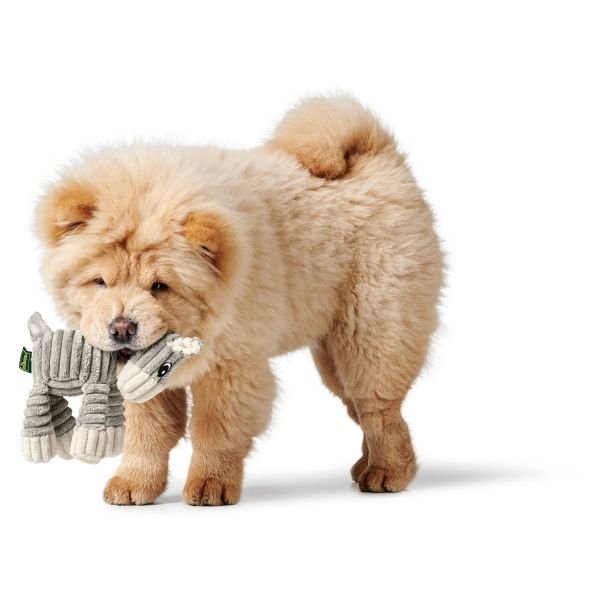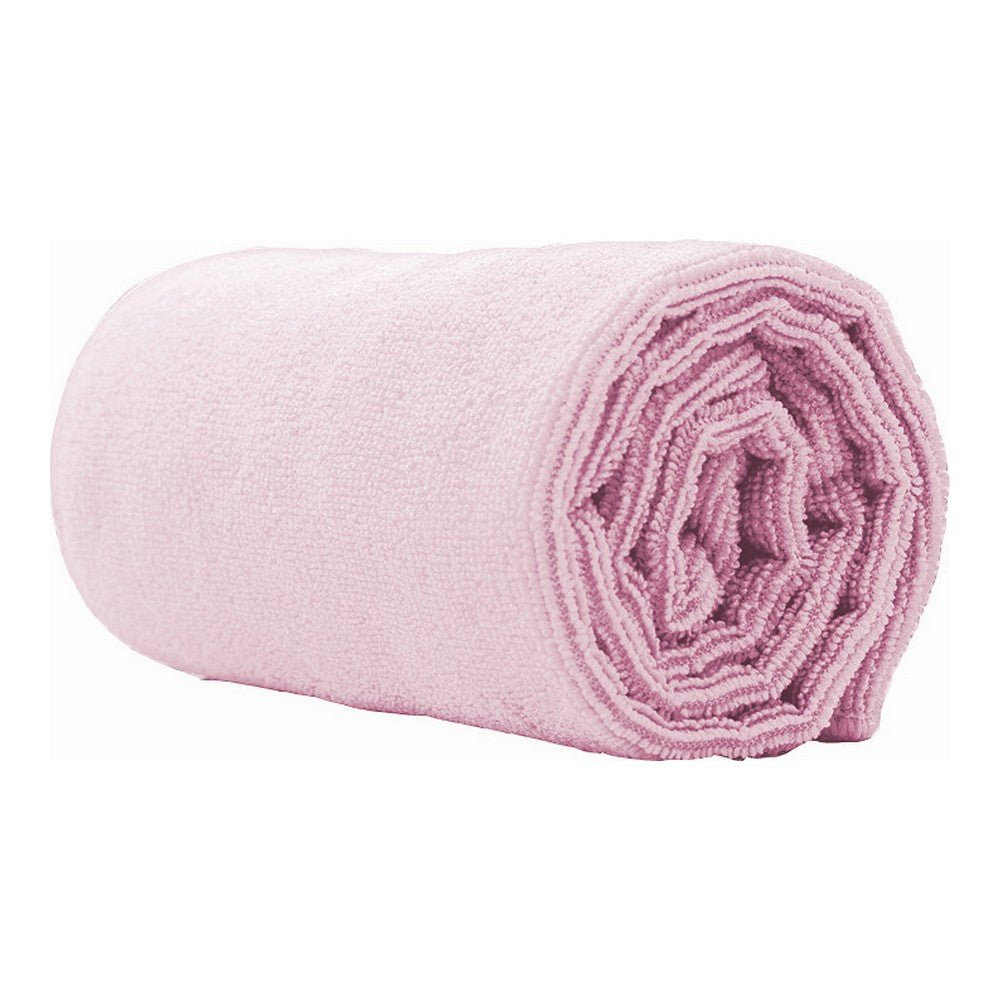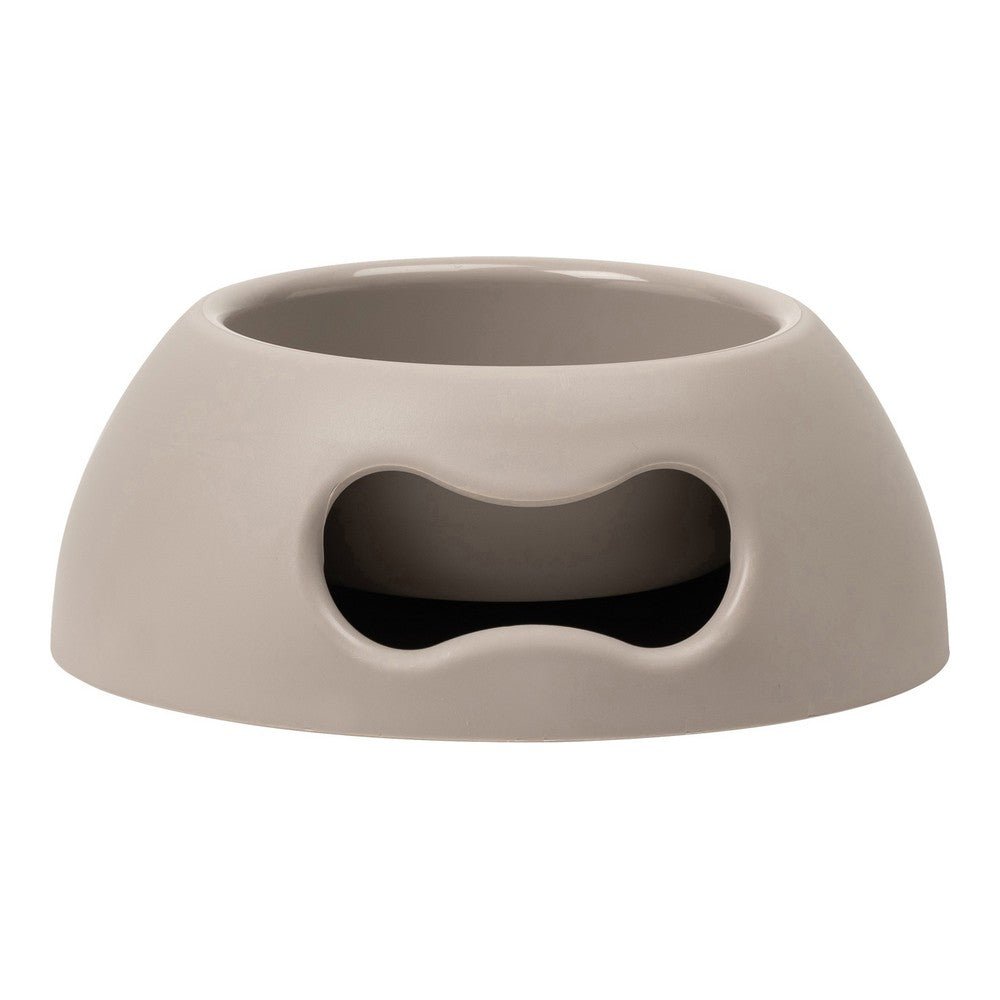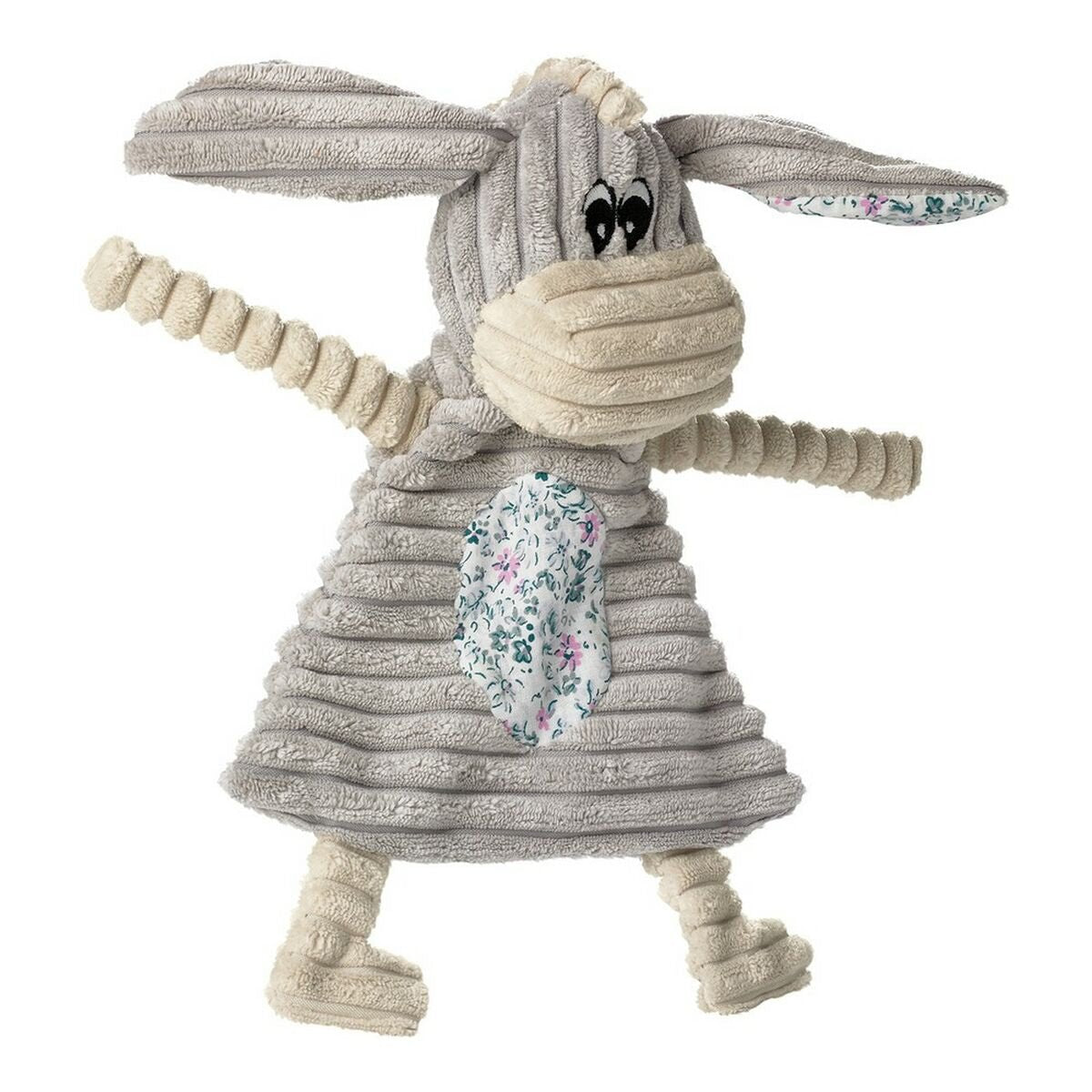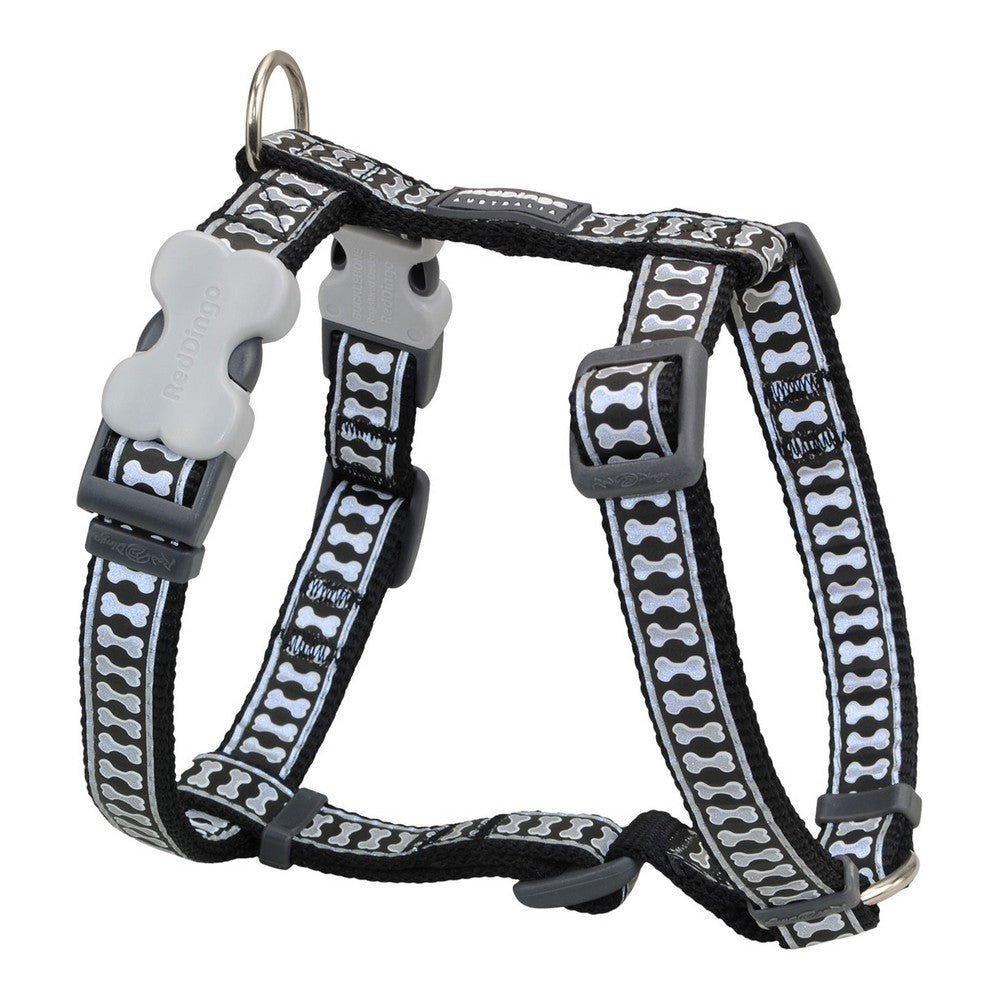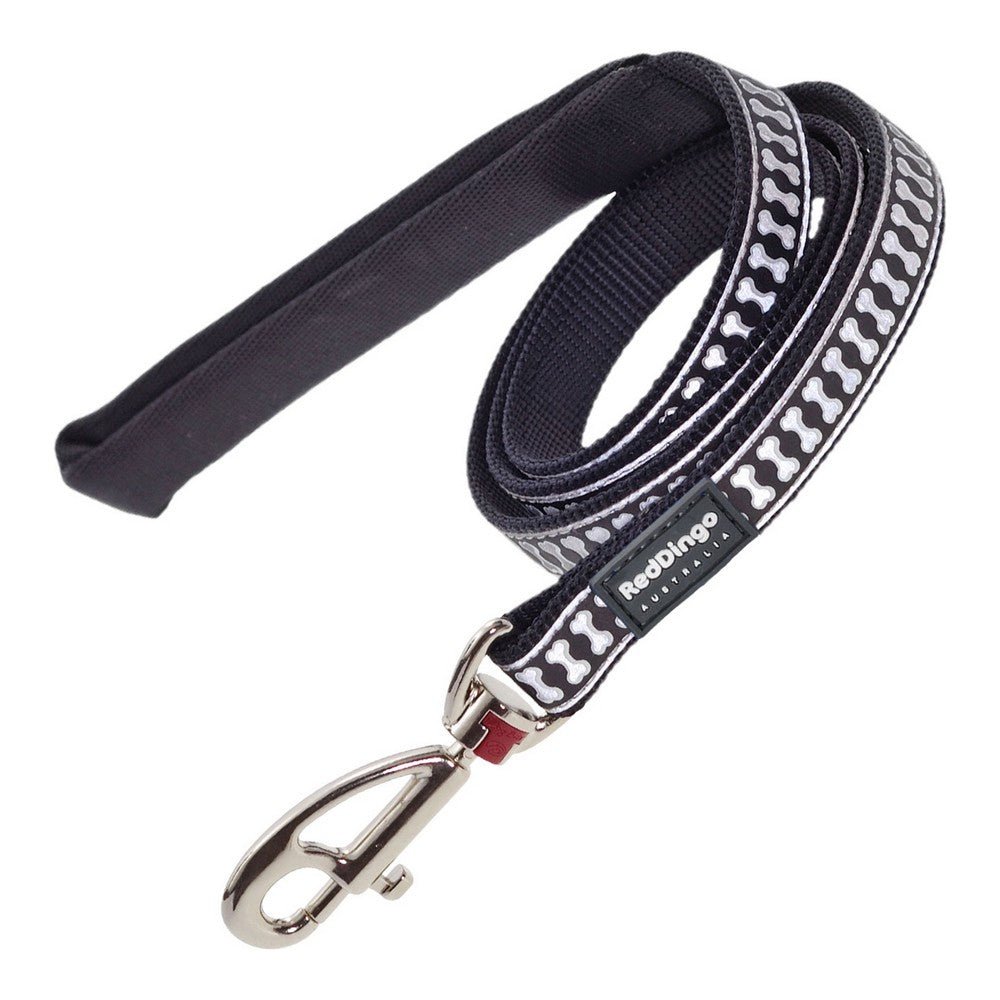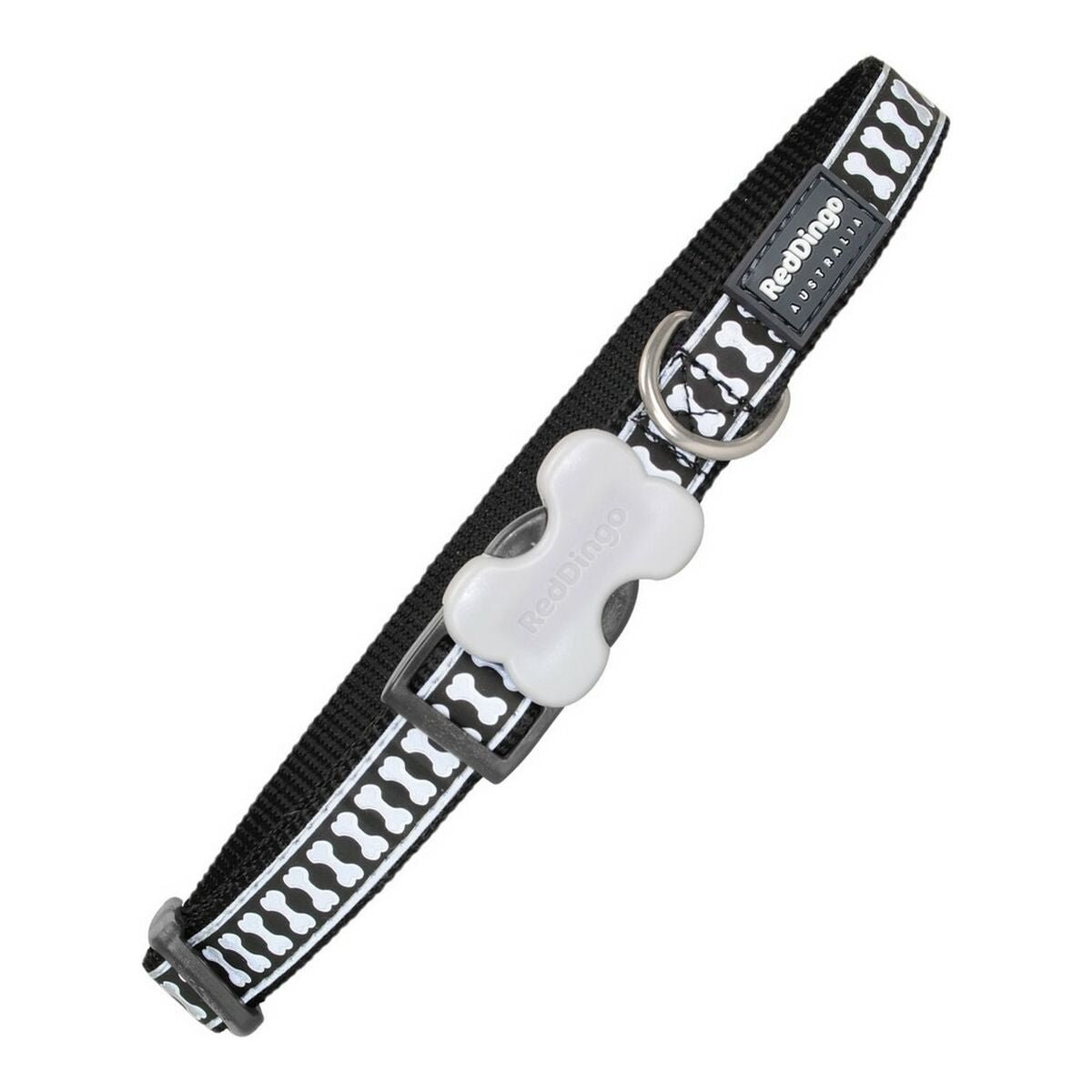Being a responsible dog owner isn't just about making sure your little pup gets the right amount of love, food and exercise. A regular and thorough health check of your puppy is equally important to ensure its well-being. This also creates a good habit for your dog to feel comfortable with different situations, such as vet visits. In this guide, we'll go over the best way to carry out a health check at home, to ensure your puppy is in top condition.
Health check on your puppy – A detailed review:
- Eyes: Look for signs of redness, cloudiness or abnormal fluid. Also note if the pupils are unusually large or small.
- Ears: The ears should be clean and free of excess fluid or damage.
- Nose: A normal nose should be free of unusual fluids and changes in color or damage.
- Mouth & Teeth: The health of the gums and teeth is crucial. Make sure everything looks normal and without signs of damage.
- Head & Neck: Gentle palpation of these areas may reveal swelling, warmth, or other abnormalities.
- Body check: A thorough body check can reveal hidden injuries, swelling or heat in the chest, abdomen or back.
- Heart rate check: A calm dog's heart rate can reveal a lot about its health. It should be within the normal range for the dog's breed and age.
- Fur & Skin: A healthy fur and skin are signs of good health. Pay attention to unusual spots, sores or other abnormalities.
- Legs: A comparison of front legs and hind legs can reveal asymmetries or other problems.
- Paws & Claws: The health of the paws is crucial to the dog's comfort. Make sure they are clean, free of damage and that the claws are in good condition.
- Genital organs: This area should be checked regularly for signs of infection, swelling or other abnormalities.
- Legs & Anal Glands: A quick look here can reveal problems that may need further attention.
Carrying out these steps regularly can help you detect any health problems in your puppy early, and therefore increase the chance of prompt and effective treatment. With this guide in hand, you are well equipped to give your dog the best possible care every day. And remember, if anything seems abnormal or if you are unsure, don't hesitate to consult your vet!




